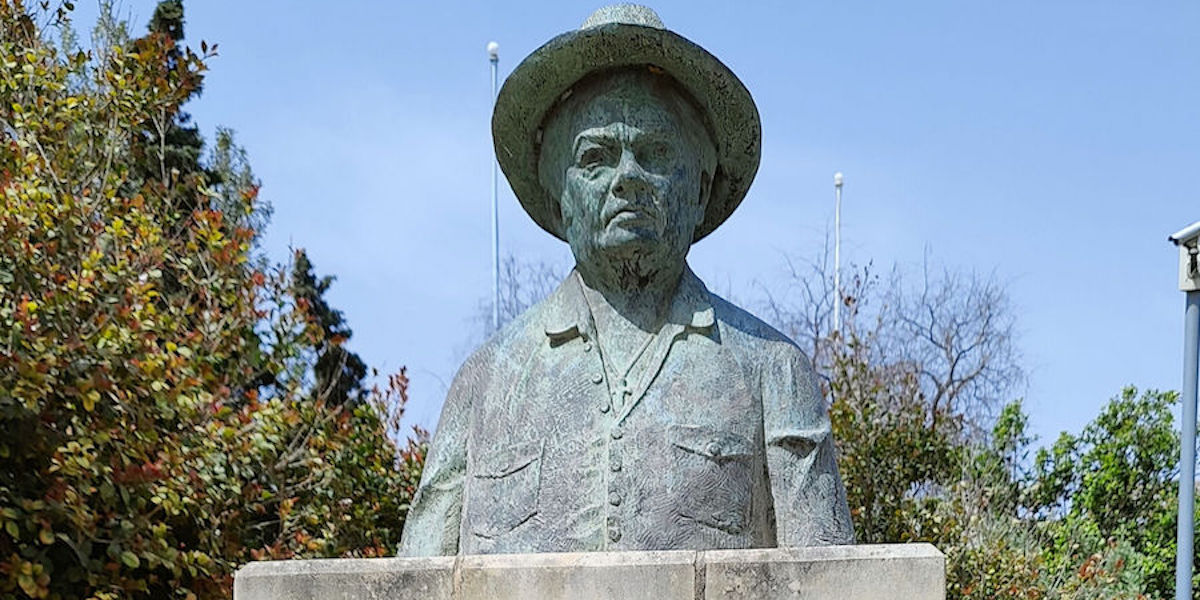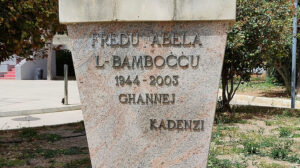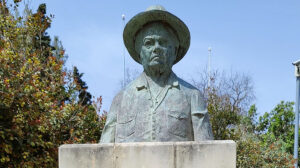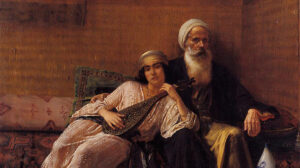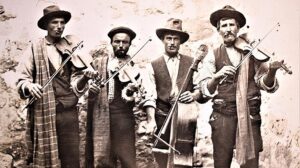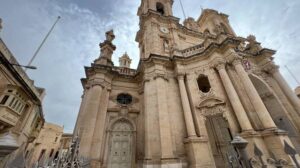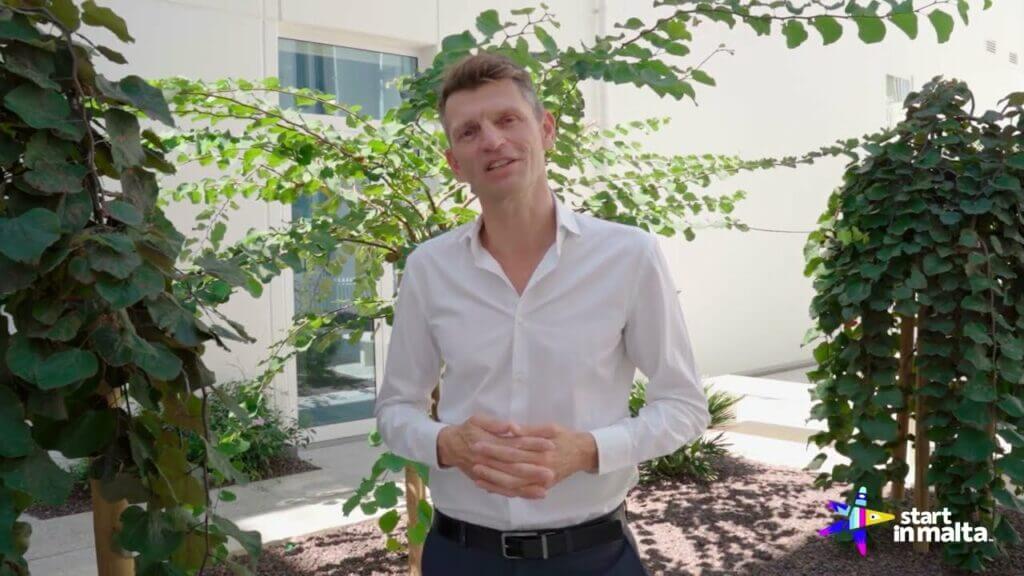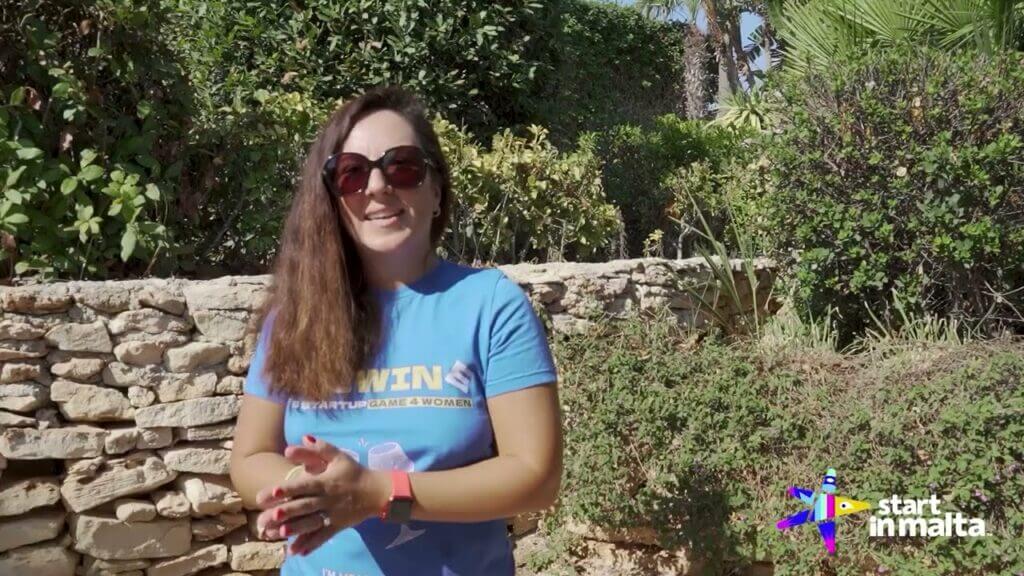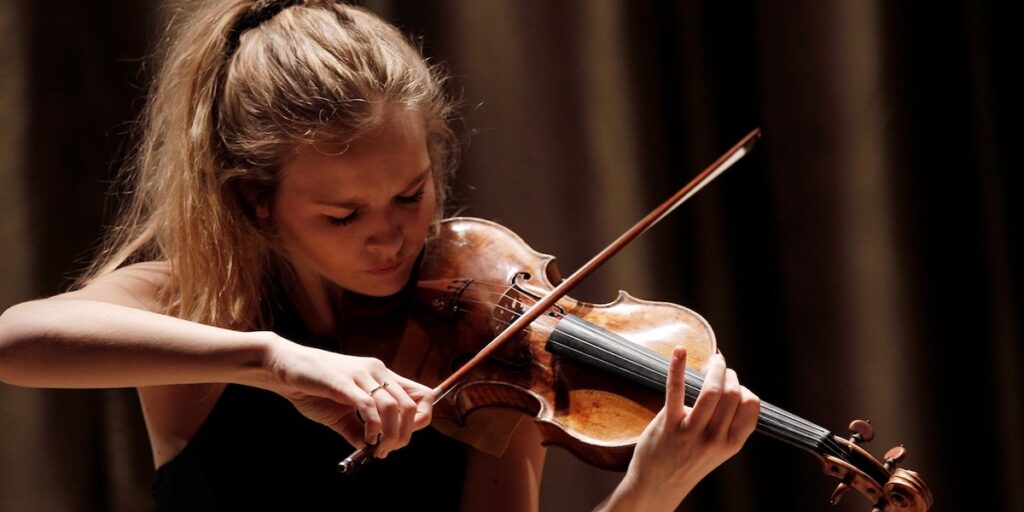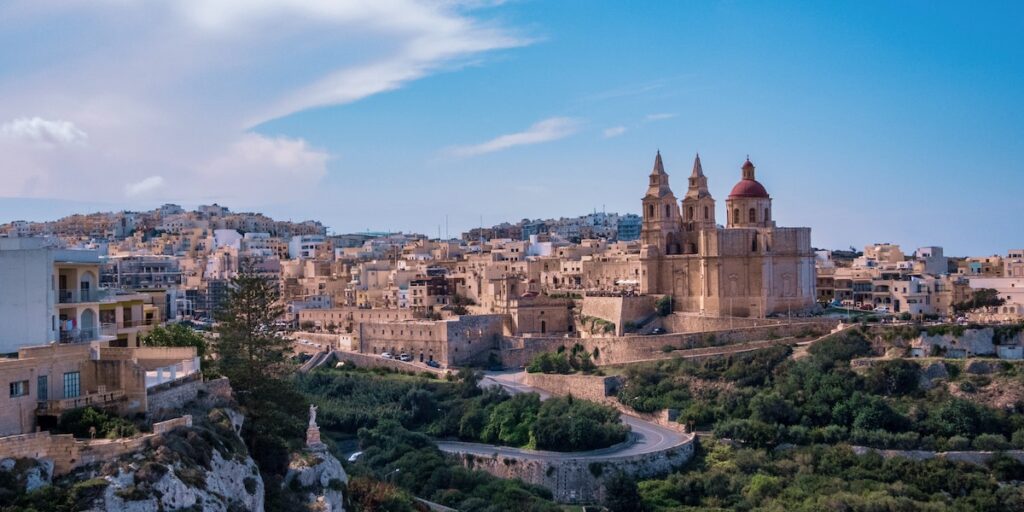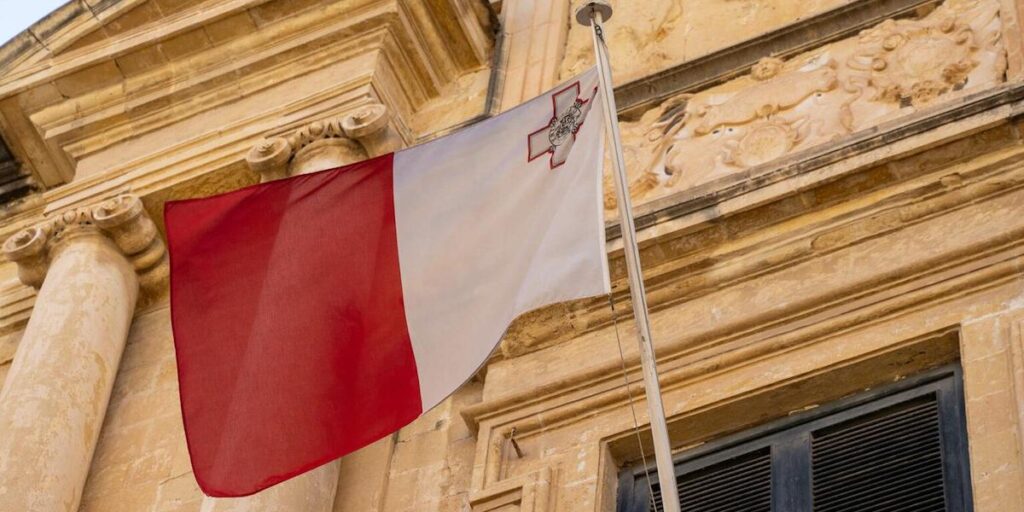The Maltese għanneja are artists who have given a lot to the culture and the country. Unfortunately, with the accelerating pace of contemporary life and the westernization of Malta, this soulful traditional music is being marginalized. There are many reasons for this, perhaps the most common one being the Arabic root of this music did not resonate with the British. Ghana was perhaps never given the attention it deserved. To honor the genre, we’re going to be talking about a very popular singer called Fredu Abela “Il-Bamboċċu”.
Who Was “Il-Bamboċċu” ?
Unlike many of his contemporary folk singers Fredu Abela had a very particular background. He served in the navy, worked in construction, and eventually opened a bar. Born and raised in Żabbar in 1944, Abela started singing with his uncle around the very late 50’s. At the time, he was just 15. His uncle, Salvu Darmanin “ir-Ruġel” was a famous folk singer around the post-war era in Malta. So you can easily imagine young Abela picking up the talent from him, and the places where they’d hang about and sing.
In his 20’s Abela was already an established name. In fact, in 1971, a newspaper called Navy News featured a small piece about Abela and his brothers. The piece said that like their father, the Abela brothers all served in the navy. The part about Fredu reads ‘He is something of a local celebrity, specializing in folklore singing under the name Bamboccu’.
At 25 years of age, Abela married a woman named Annie and they had three children.
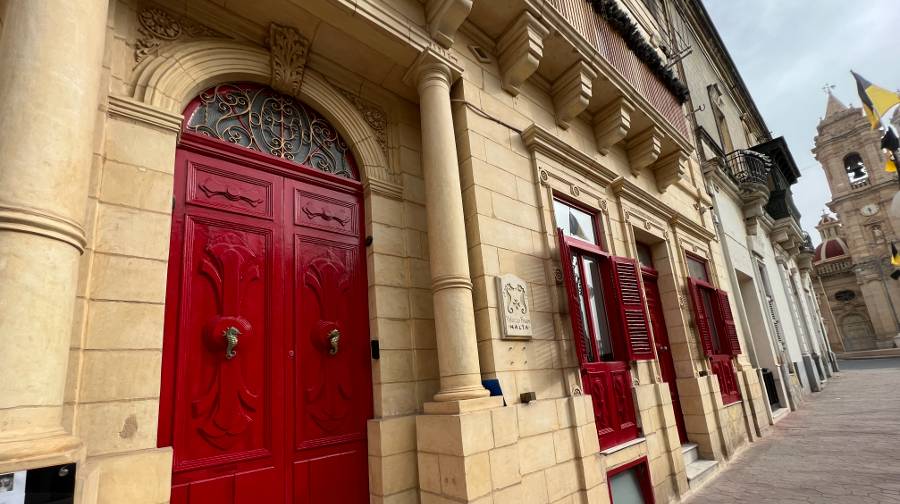
Fredu Abela in Context
In Abela’s time għana was metamorphosing into a more contemporary thing, rather than recounting old folk tales. The people started singing more about their own time and this is where Fredu Abela excelled. Malta was changing, and industrialisation had suddenly hit its shores.
The spirit of għana was perhaps a rejection or a retreat from this change. It represented an embracing of the old slow quiet simple lifestyle of the islands. Whilst the real-life experience of what was sung about was slowly fading, the music itself was gaining a lot of popularity. Probably, this was because the Maltese suddenly felt the urge to embrace the national identity in a way that they had never experienced before. This conincided with the independence and the republic, of course. In addition to this, the radio and the increasing popularity of vinyls allowed people to record and share this music.
Fredu Abela, Spirtu Pront and Taxi Mary
Abela was always best known for his great ability at spirtu pront (which is improvised singing) and the makjetta (which is like a sung comic skit/sketch). For these he was very popular in international Maltese communities in Canada and mostly Australia. He was invited to tour many times.
In fact, with his most famous track Taxi Mary, he sold around ten thousand copies in Malta. He also sold around twenty thousand in Australia, and was at some point even on the Italian charts! In this song Abela sings with his friend Ġorġ Azzopardi Il-Makk. They supposedly drive through Malta and recount love stories with different girls from different towns
One of his lesser known but really amazing songs, Kung Fu Karate, was recently interpreted by the local alternative band Brodu. It resurfaced on social media for a while, which was how I myself heard it for the first time. The chorus of the song playfully messes around with the timing and I am only pointing this out simply because I have never heard anything like this when it comes to Ghana, and I feel it is something that shouldn’t go unnoticed.
Fredu Abela’s Legacy
His name and the sound of it, seems to echo in the general consciousness, and apart from this, in remembrance of the legend, there’s a monument to him in his hometown of Żabbar, and you can also see a mural of him next to a roundabout in Fgura that leads to Żabbar.
Abela died in 2003, when he was only 59 years old. He has left many recordings, most of which are makjetti telling tales of his era that audiences of the time loved and adored. These songs played a big part in getting the mainstream resurfacing of għana at the time.

